How did Horatio Nelson die?
The revered naval commander was killed 213 years ago on Sunday
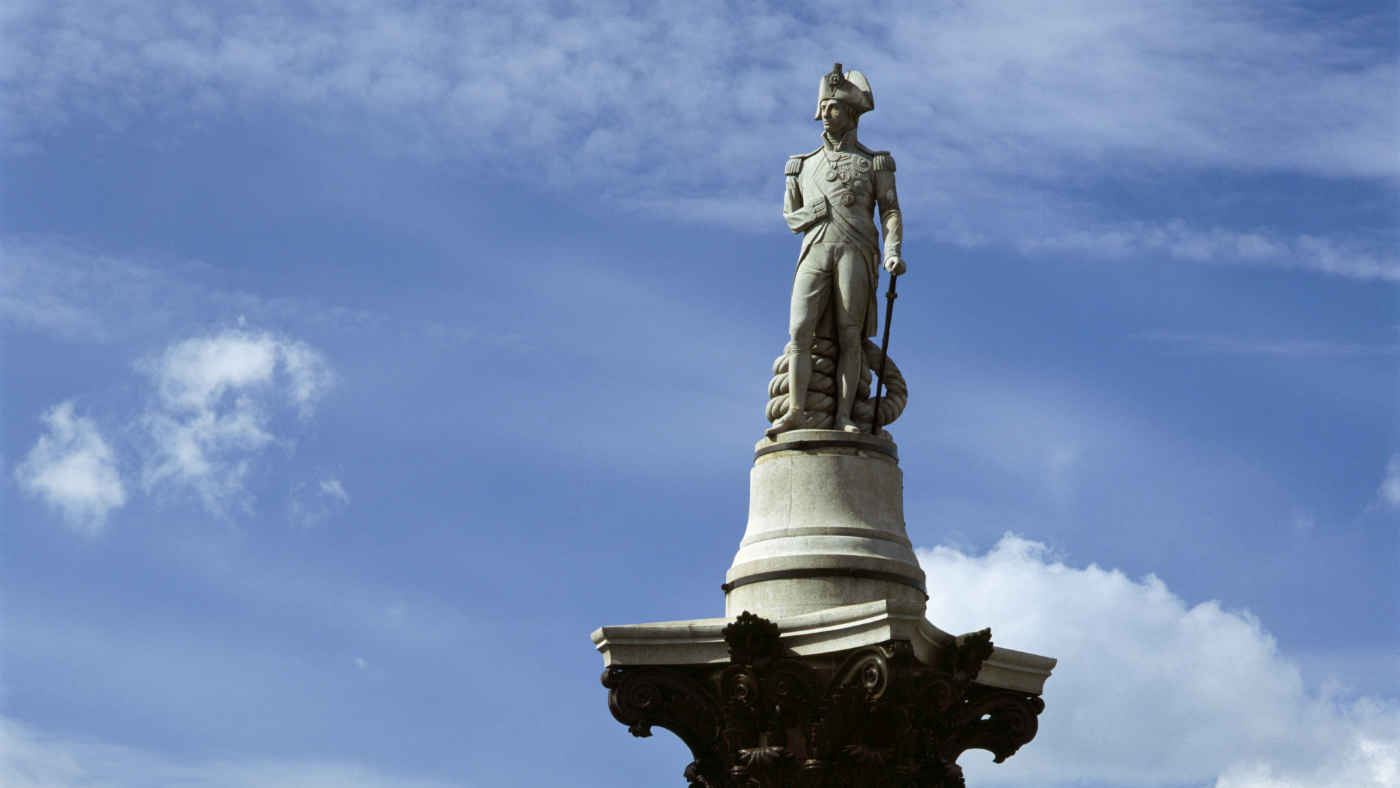
A naval commander with a distingushed career defined by unparalleled strategic prowess, Horatio Nelson is one of the most revered figures in British history.
This Sunday marks the 213th anniversary of the vice-admiral’s death at the Battle of Trafalgar, which sealed his fate as a near-mythic character in the British psyche.
In a 2002 BBC poll, Nelson came eighth in a list of 100 Greatest Britons ahead of Isaac Newton and William Shakespeare, while Atlas Obscura writes that his monument in Trafalgar Square “is such a key British emblem that Hitler planned to take it back to Berlin as a trophy once he conquered London”.
The Week
Escape your echo chamber. Get the facts behind the news, plus analysis from multiple perspectives.

Sign up for The Week's Free Newsletters
From our morning news briefing to a weekly Good News Newsletter, get the best of The Week delivered directly to your inbox.
From our morning news briefing to a weekly Good News Newsletter, get the best of The Week delivered directly to your inbox.
But who was Horatio Nelson, and how did he die?
Early life
Born on 29 September 1758 in Norfolk, Horatio Nelson was the sixth of the 11 children of a clergyman, the BBC reports.
“He joined the navy aged 12, on a ship commanded by a maternal uncle. He became a captain at 20, and saw service in the West Indies, Baltic and Canada,” the broadcaster adds.
A free daily email with the biggest news stories of the day – and the best features from TheWeek.com
When Britain entered the French Revolutionary Wars against the newly formed Republic of France in 1793, Nelson was given command of the 64-gun HMS Agamemnon, serving in the Siege of Calvi in 1794 where he lost his right eye. He later lost his right arm at the Battle of Santa Cruz de Tenerife in 1797.
But Nelson cemented his reputation at the Battle of the Nile in 1798, where he outsmarted his French counterpart by funnelling his fleet into the channel between the French fleet and the shore. The guns on the shore side of the French ships had not been prepared for battle, and Nelson’s fleet inflicted between 2,000 and 5,000 casualties on the French, compared to Britain’s 218.
Trafalgar and death
In 1803, Nelson, by then a national hero, was promoted to Vice-Admiral. Britain was now facing an increasing threat of invasion from Napoleonic France, who had formed a coalition with the Spanish.
This came to a head at the Battle of Trafalgar in October 1805. Standard tactics at the time were for opposing fleets to engage each other in battle in parallel lines, but Nelson instead maneuvered his ships into columns to sail into the enemy’s line perpendicularly.
“Nelson's attack had broken all the rules of tactics, treating a fleet waiting for a fight like one running away, substituting speed for mass, precision for weight, and accepting impossible odds,” the BBC says. It was a humiliating defeat for Napoleon - by the time the battle was over, the Franco-Spanish fleet had lost 22 ships, while Britain had lost none.
However, shortly before the French surrendered, Napoleon was struck with a 0.69in-diameter lead ball fired from a nearby ship, severing an artery in his lung.
Nelson was quickly brought below deck and died around three hours later. Most accounts report his last words as being “thank God I have done my duty”, Royal Museums Greenwich says.
“This death in victory made Nelson a huge symbol of national pride and he was given a full state funeral,” Biography Online reports, adding that upon hearing of Nelson’s death King George III is said to have burst into tears, saying: “We do not know whether we should mourn or rejoice. The country has gained the most splendid and decisive Victory that has ever graced the naval annals of England; but it has been dearly purchased.”
-
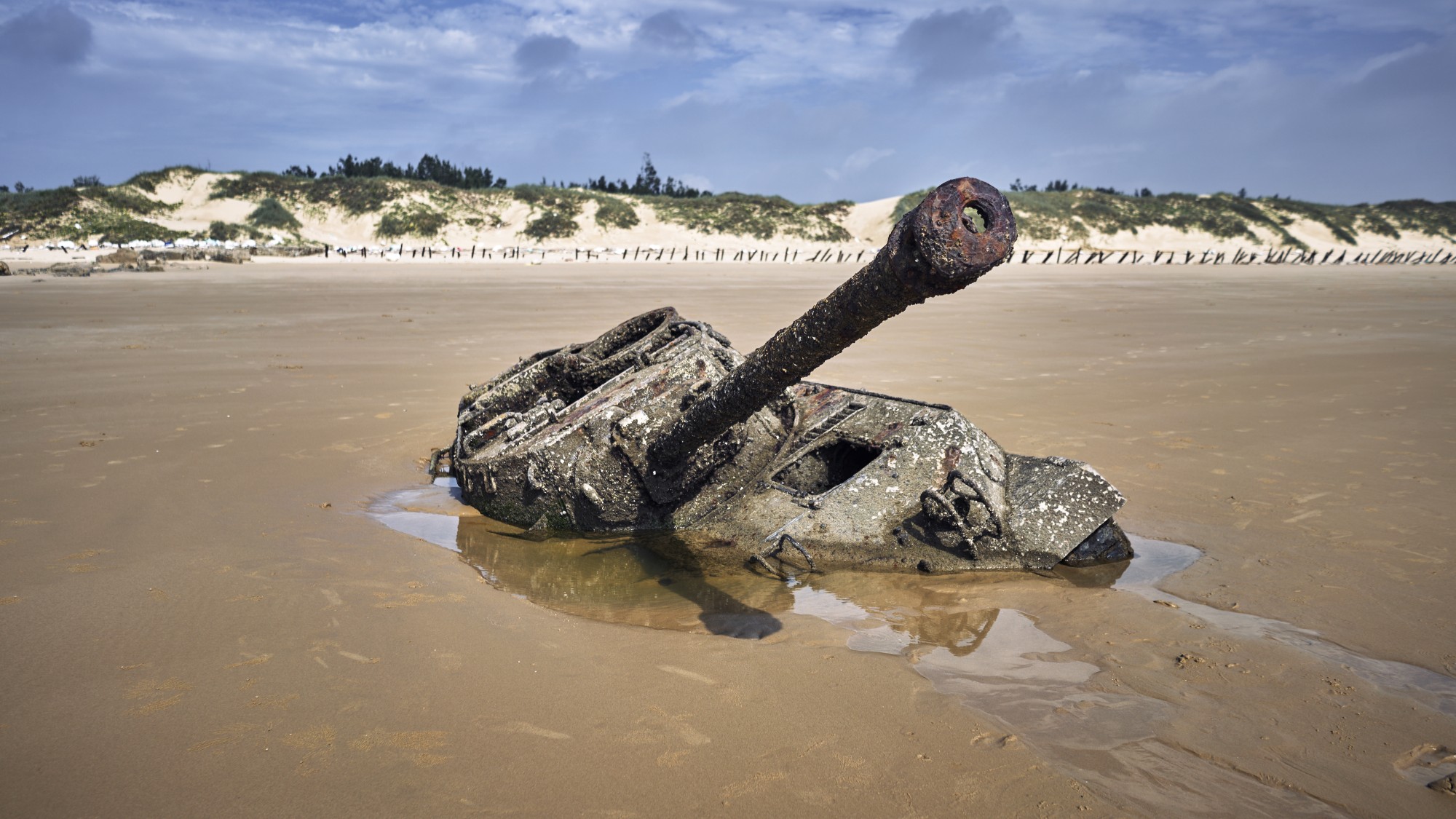 Kinmen Islands: Taiwan's frontline with China
Kinmen Islands: Taiwan's frontline with ChinaIn Depth Just a few miles off the mainland, the Kinmen Islands could be attacked first if China invades Taiwan
-
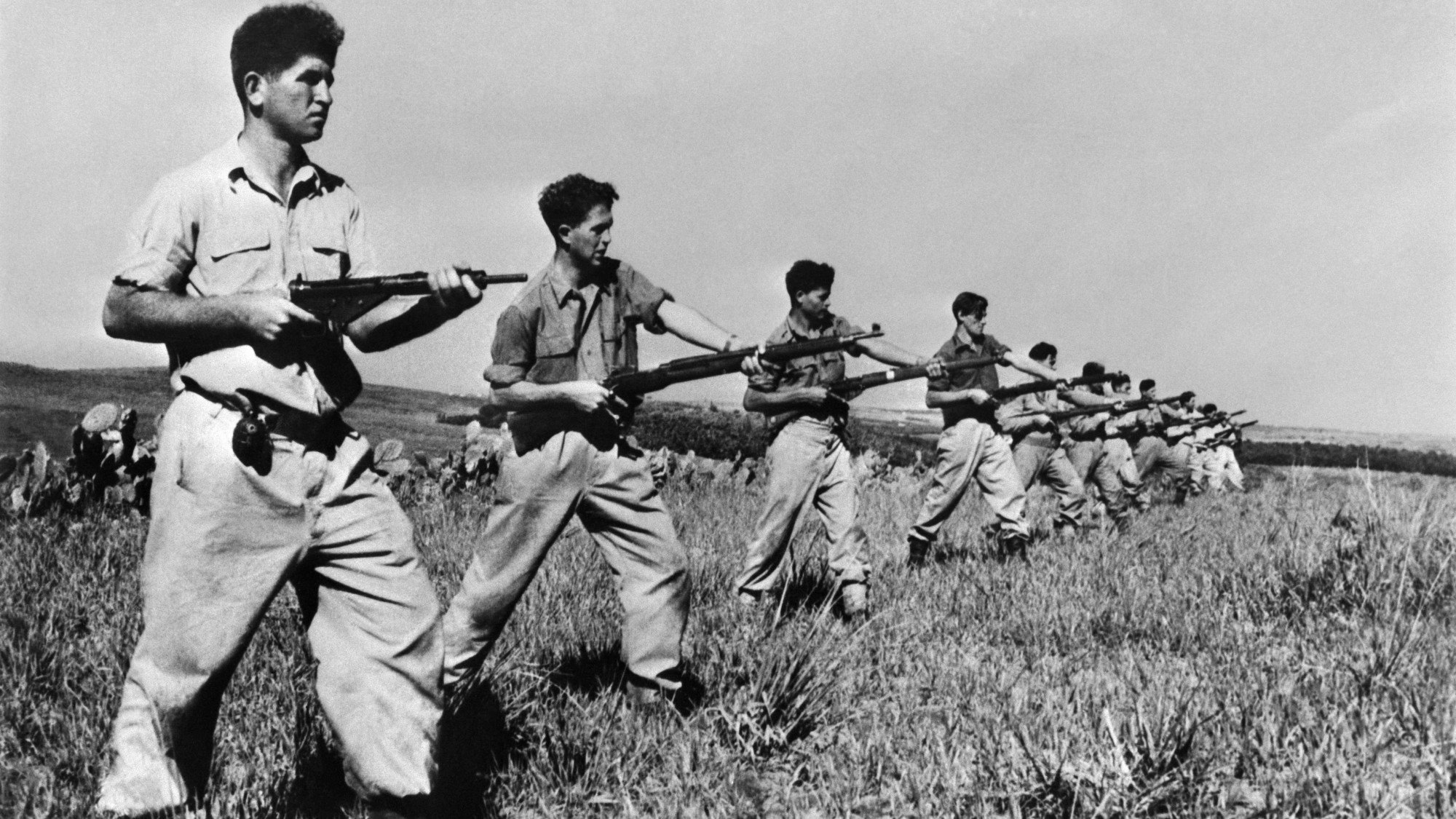 The origins of the IDF
The origins of the IDFIn Depth The IDF was formed by uniting Zionist paramilitary groups, WWII veterans and Holocaust survivors
-
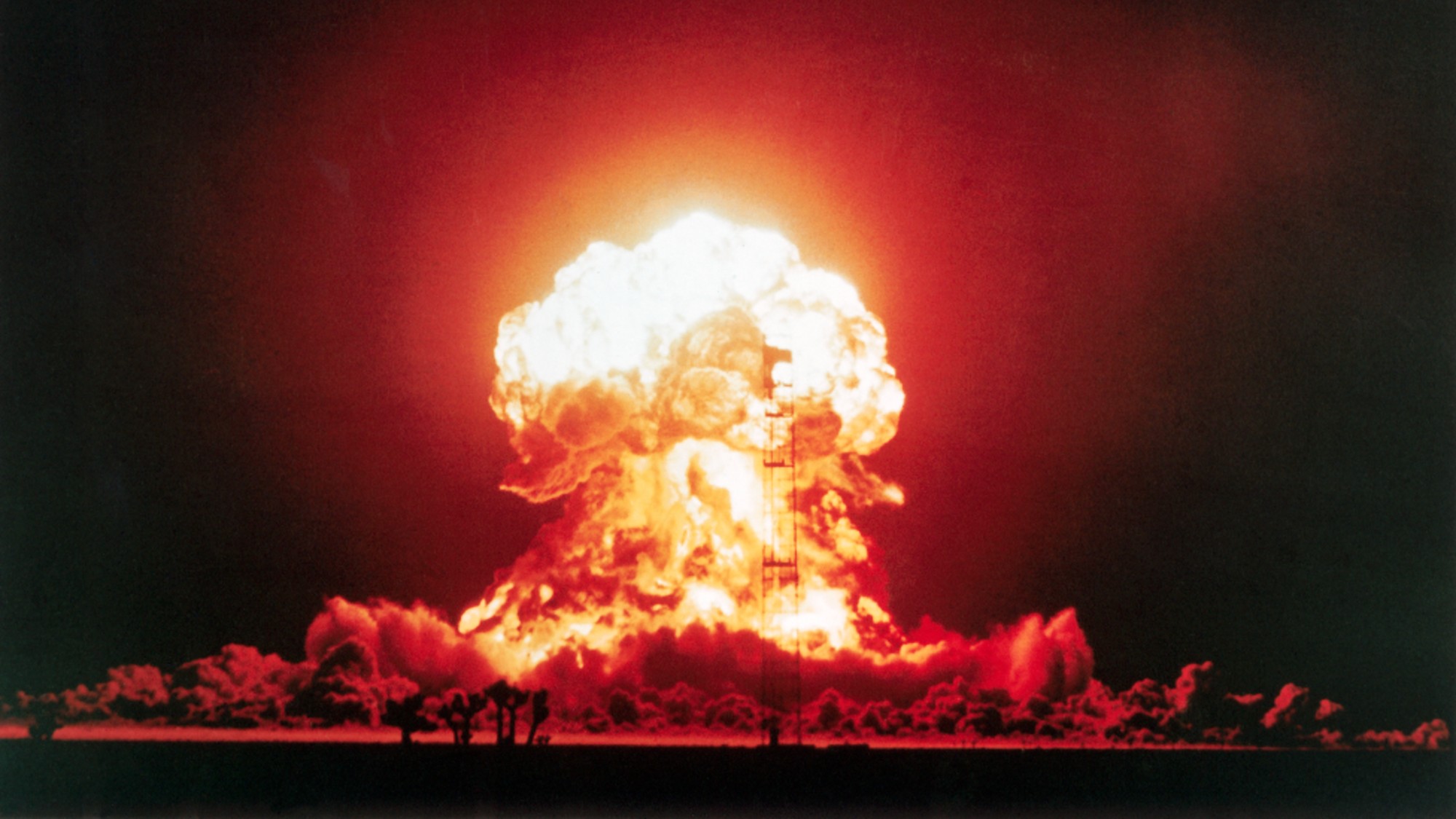 Mutually Assured Destruction: Cold War origins of nuclear Armageddon
Mutually Assured Destruction: Cold War origins of nuclear ArmageddonIn Depth After the US and Soviet Union became capable of Mutually Assured Destruction, safeguards were put in place to prevent World War Three
-
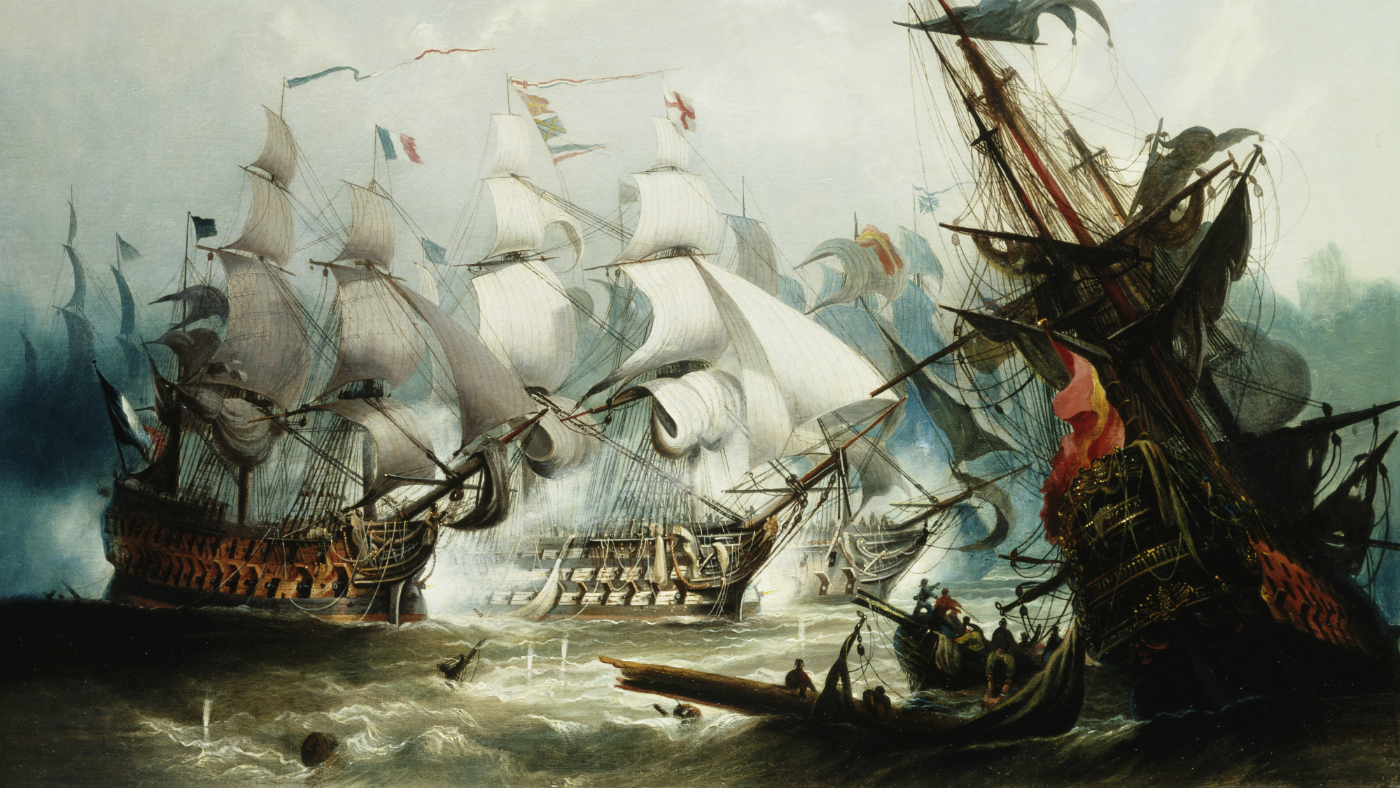 What happened at the Battle of Trafalgar?
What happened at the Battle of Trafalgar?In Depth Monday marks the 214th anniversary of Britain’s most famous naval victory


